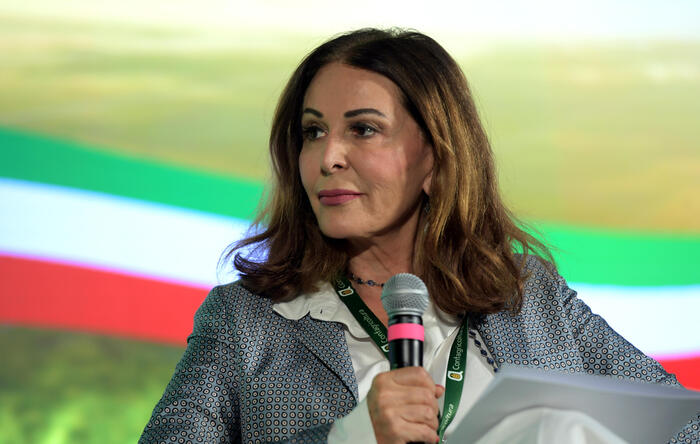By Paola Pisano *
The development of technologies and applications based on artificial intelligence will have a fundamental role in shaping our future: it will make many processes in our society more efficient and help us make the right choices , make the best decisions, even in delicate moments. For this reason, since the beginning of my mandate as Minister for technological innovation and digitalization, I have put the development of technologies and skills for the use of artificial intelligence at the center of my vision and therefore of our strategy and our work. all over the country. A real engine of change, which must however respect one condition: always and first of all to focus on man, his needs and his rights.
A company of the future
Imagining the scenarios that can be opened with a correct use of artificial intelligence is a beautiful exercise to understand in which direction we want to go. Even the simple automation of some basic and repetitive processes can have revolutionary repercussions, for example in public services , in streamlining bureaucracy or in facilitating the task of many sectors, such as justice, transport, tax services and so on, bringing enormous benefits for both users and the Public Administration: better, faster, efficient, less expensive services.
Or artificial intelligence and the use of big data can be an extraordinary tool to support and guide the action of public decision-makers , offering analyzes, evaluations, indications unimaginable until yesterday, which allow you to make increasingly conscious and thoughtful choices, precisely because they are based on data.
Or finally, as we have been experiencing all over the world in recent weeks, artificial intelligence can be an irreplaceable ally to face global problems that are difficult to manage , such as contrasting or preventing a threat to public health or safety.
These are just a few examples of what is a real revolution that we have at our fingertips and on which, as a country, we must not only fall behind, but we have the duty to invest and play a leading role. It means designing, developing and testing artificial intelligence solutions, applying them to administrative procedures and production processes, in order to be able to evaluate their impact and fallout.
The man at the center
However, we must not forget the other side of the coin: data security, people's privacy. In a word, citizens' rights. As I have said several times, technology is not neutral: its value depends on how it is developed, on how it is applied . To be truly useful, to have a positive impact on society and the environment, technology must be ethical, transparent, safe and inclusive and its application must aim to make our life better, to deal with serious problems so far unsolved. In other words, Man must always be at the center, and the choice and adoption of new technologies, including those related to artificial intelligence, must strictly be functional to his needs.
Even in these days of emergency, the ethical approach to the use of data and technology is something that remains at the center of our work: for this reason we have activated a multidisciplinary task force of experts, charged with assessing the social impact of the application of technological innovations in the current context of a health emergency, and to produce useful assessments and indications to guide our work in the future for the use of data and innovation.
With the same spirit, in recent weeks we have signed a memorandum of understanding on the ethics of artificial intelligence in the Public Administration and we have participated in the drafting of a "Manifesto for ethics in artificial intelligence" which requires an ethical approach to use. of AI data and algorithms. The document states that technology must always respect the principles of:
1. transparency , so the criteria underlying the choices made by the algorithms must always be "open" and understandable;
2. inclusion , so that technology always takes into account the needs of all human beings, and offers benefits available in equal measure for all;
3. responsibility , for which those who design and develop AI-based systems must operate in respect and at the service of the values of the company;
4. impartiality , with which the algorithms must operate and make their own choices;
5. reliability on which the operation of AI systems must be based;
6. security and privacy , which must always be a protected and guaranteed right to citizens.
Innovation and technology are an incredible transforming force, capable of changing aspects of our life for the better, even if sometimes invisibly. But it 's up to us to decide how to direct this transformation : we have a duty to ensure that it involves everyone, leaves no one behind, and brings real benefits to people.
* Minister for Technological Innovation and Digitization








/cloudfront-eu-central-1.images.arcpublishing.com/prisa/ZUBQ7UCFTJCYTB4SMLNMUZIDQ4.jpg)






